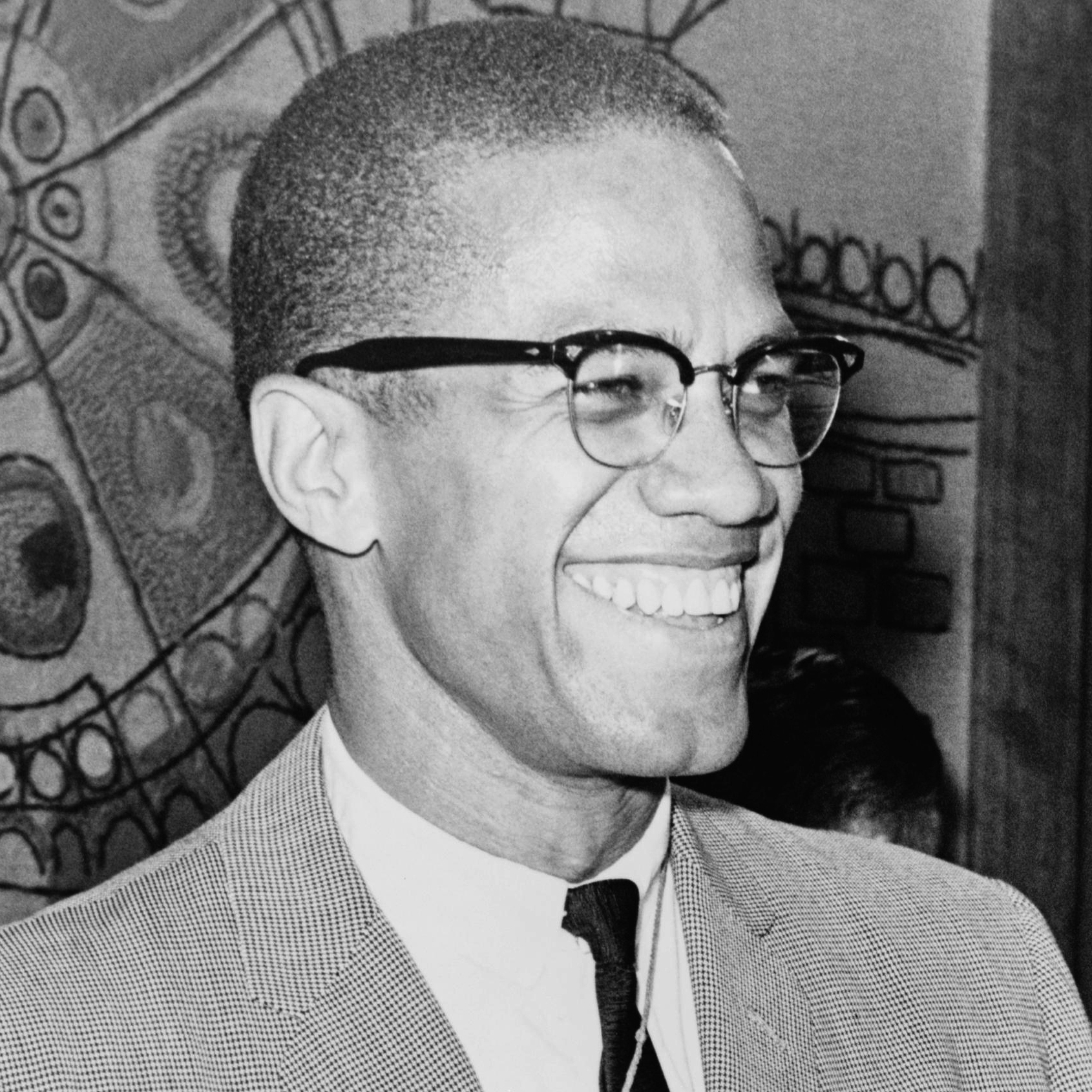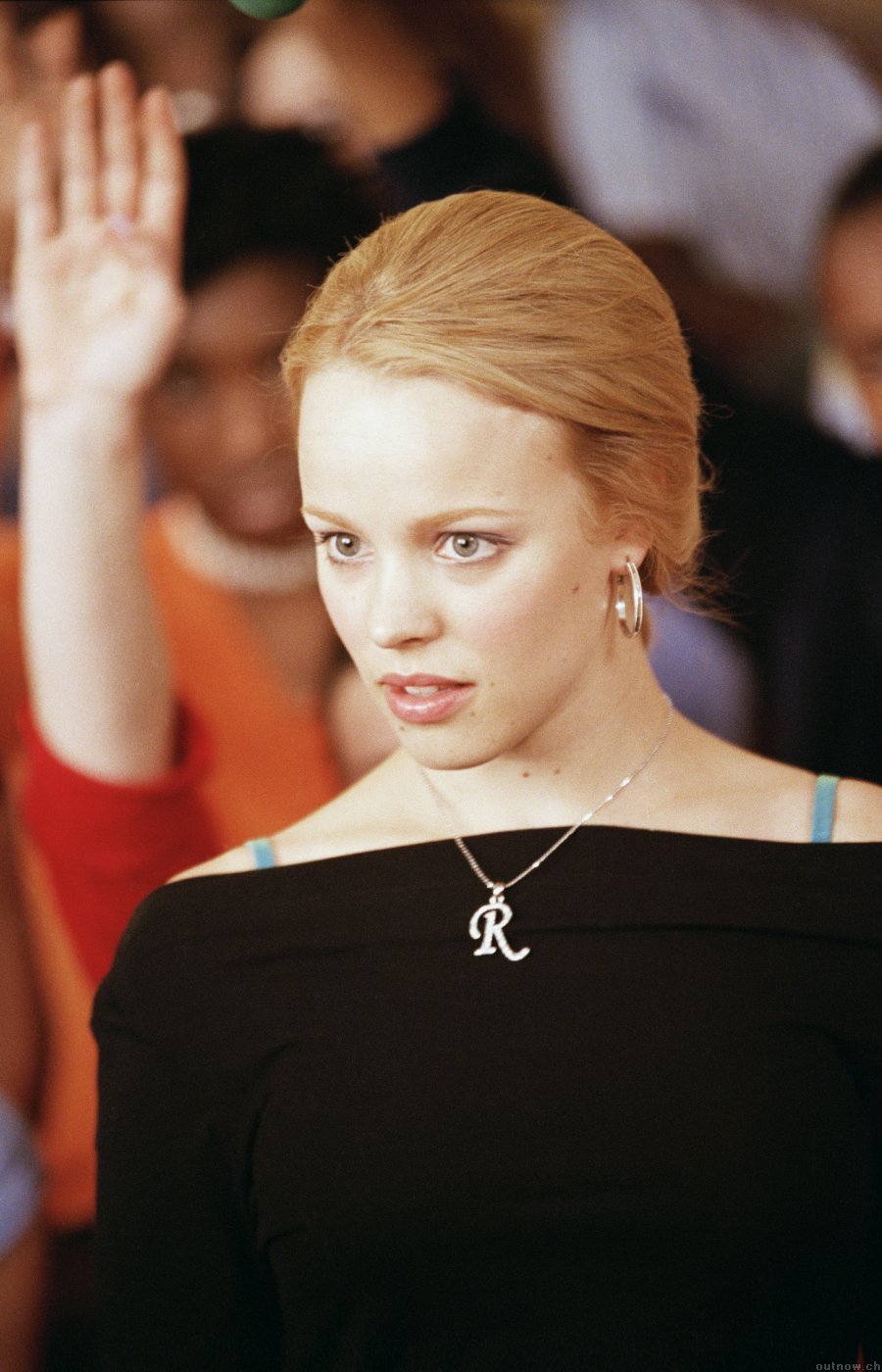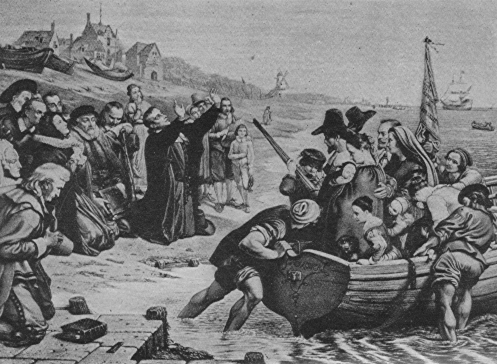 Everything is ending. The school year, season 8 of Grey's Anatomy (tragic), and especially, Song of Solomon. All the good things come to an end. I must accept I've enjoyed the book. At the end it did start to elongate, but towards the end Morrison picked up some speed. I was blown away when Guitar killed Pilate. I mean, Pilate was always invincible. At least this was Macon´s perception of her. And pereceptions change. My perception of Malcolm X shifted enormously today. I always imagined him like Ruby Bridges, a hero since childhood. Instead, I discovered he was one of those African-Americans who try to leave the African partnbehind. And he´s just like Macon Dead. They would literally be best friends. I mean it. both are complex characters that undergo mayor changes throughout their lives. They begin as African-Americans obsessed with resembling the white man. Then, some extaordinary consequence moulds each into new man. Macon stops being self-obsessed and in his search for wealth understands the importance of belonging and family. On the other hand, when Malcolm was a convict he realized what both the Seven Days and the Black Panthers preached: Black is beautiful. Both men then became proud of their roots.
Everything is ending. The school year, season 8 of Grey's Anatomy (tragic), and especially, Song of Solomon. All the good things come to an end. I must accept I've enjoyed the book. At the end it did start to elongate, but towards the end Morrison picked up some speed. I was blown away when Guitar killed Pilate. I mean, Pilate was always invincible. At least this was Macon´s perception of her. And pereceptions change. My perception of Malcolm X shifted enormously today. I always imagined him like Ruby Bridges, a hero since childhood. Instead, I discovered he was one of those African-Americans who try to leave the African partnbehind. And he´s just like Macon Dead. They would literally be best friends. I mean it. both are complex characters that undergo mayor changes throughout their lives. They begin as African-Americans obsessed with resembling the white man. Then, some extaordinary consequence moulds each into new man. Macon stops being self-obsessed and in his search for wealth understands the importance of belonging and family. On the other hand, when Malcolm was a convict he realized what both the Seven Days and the Black Panthers preached: Black is beautiful. Both men then became proud of their roots.
I didn´t address a more rhetorical perspective because Song of Solomon was quickly outshined by Malcolm X. He is the perfect example of rhetoric moving masses. His ceremonial register, his use of chiasmus (along with othe rhetorcial devices), and concurrent use of pathos and ethos, combined with the sensitive topic many could relate to, made Malcolm X a succesful orator.





















